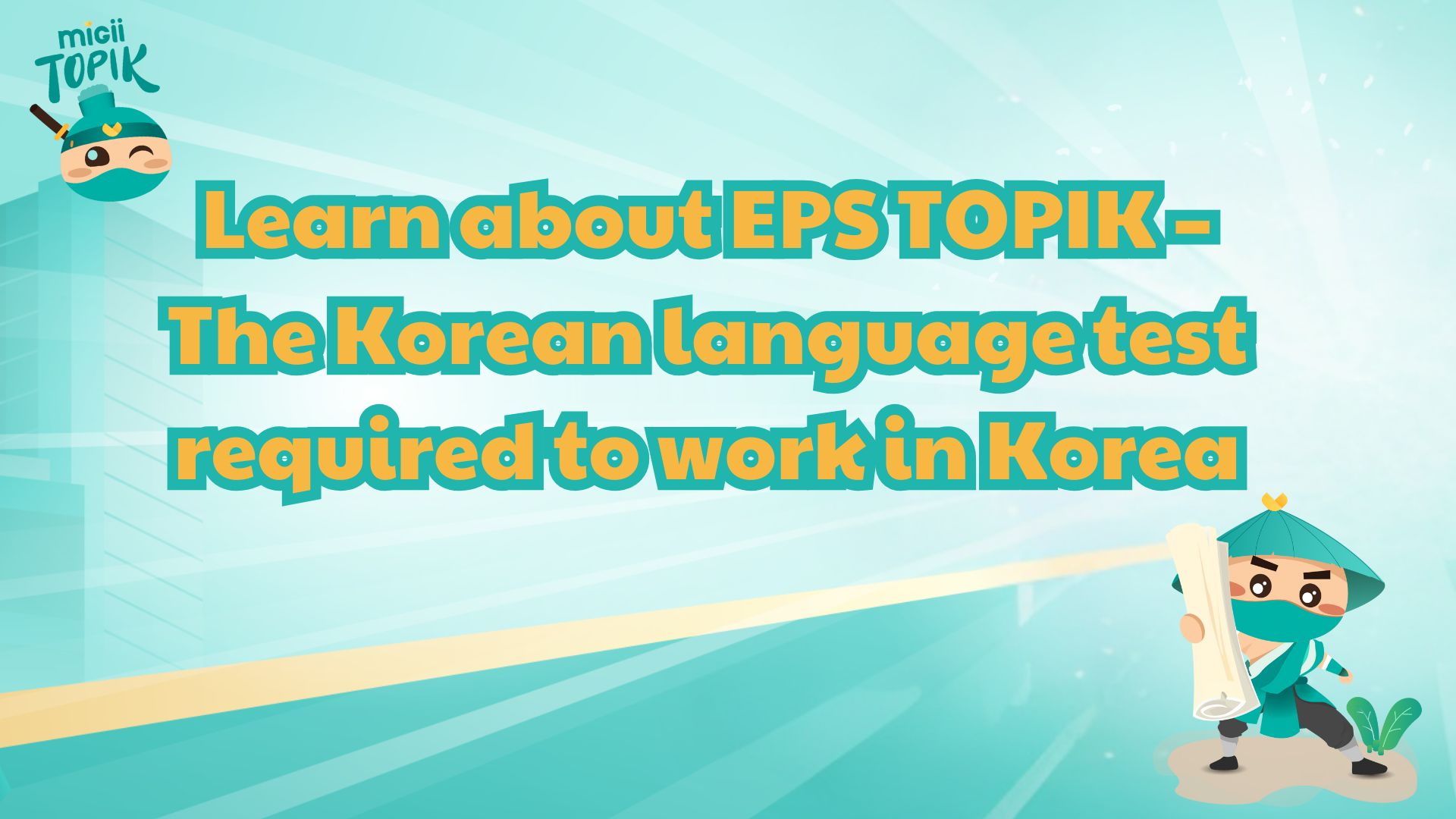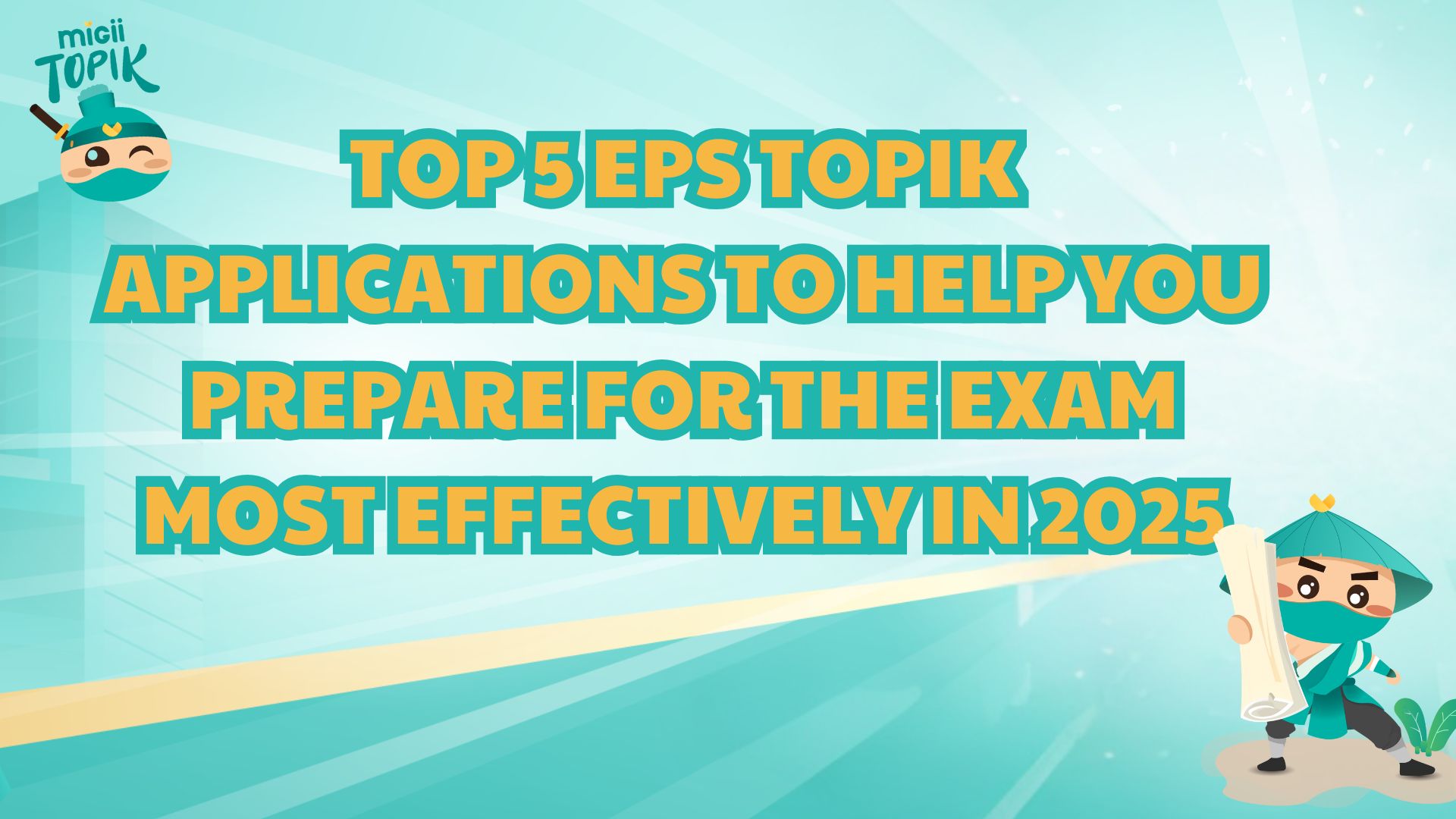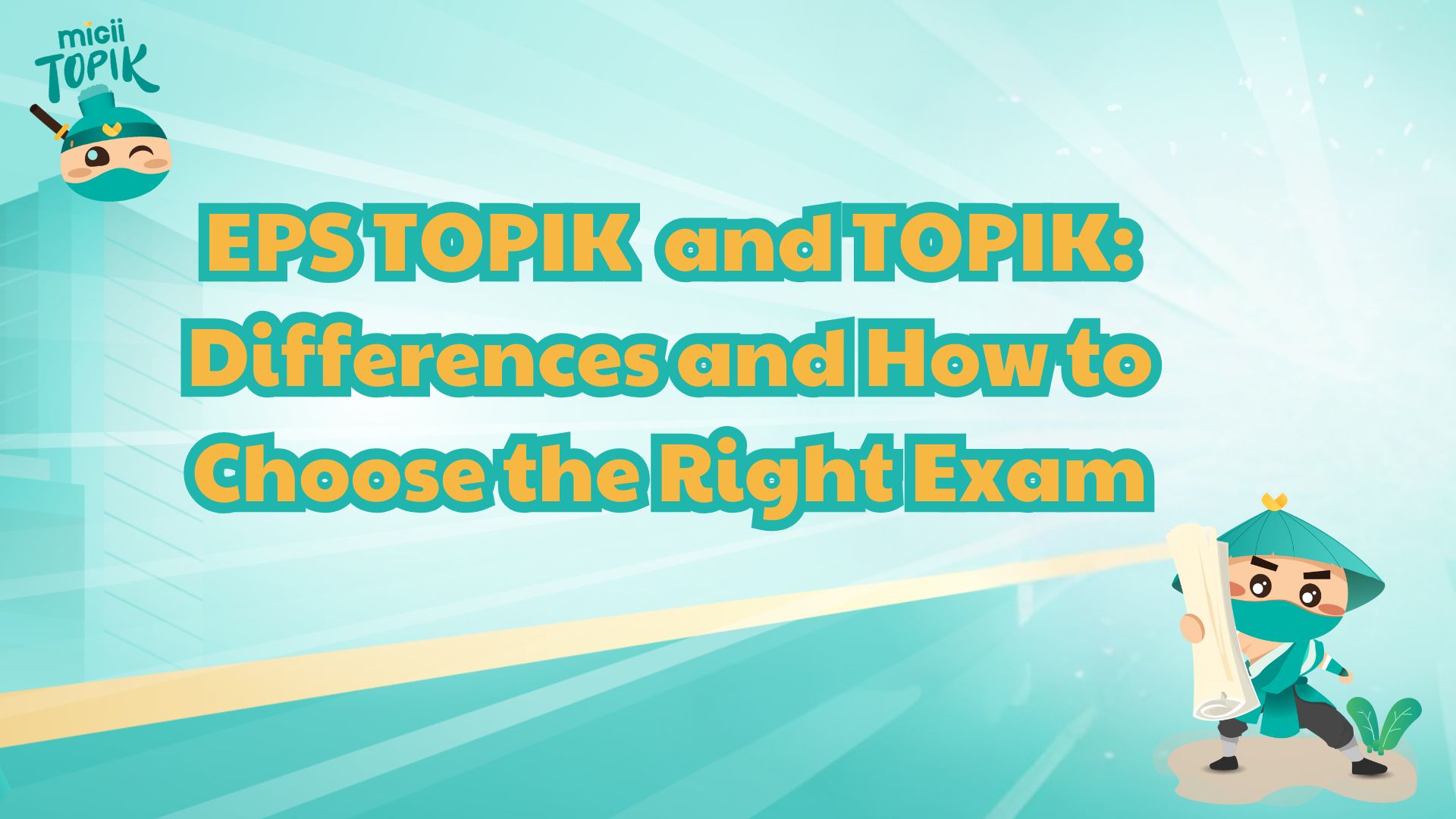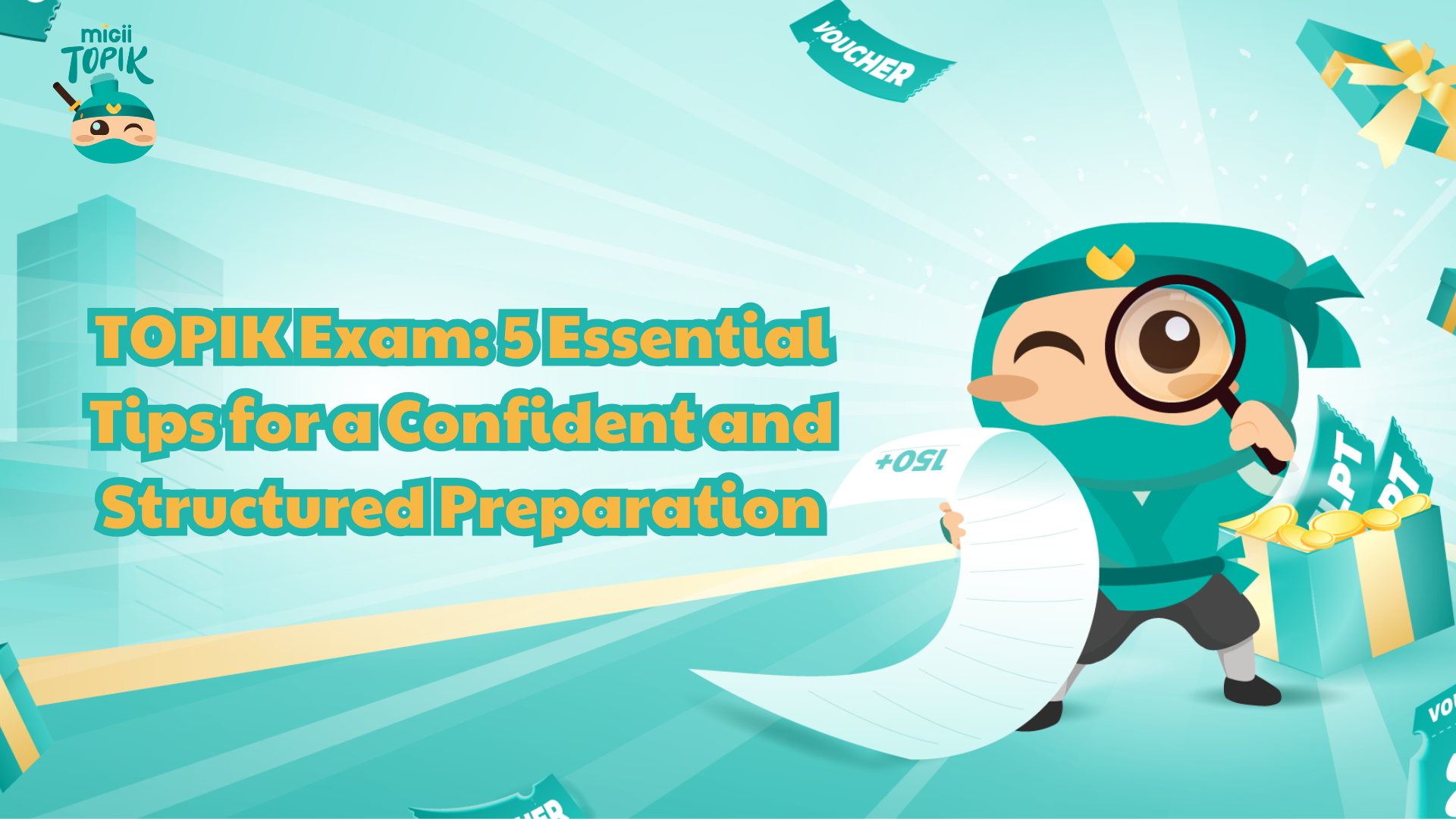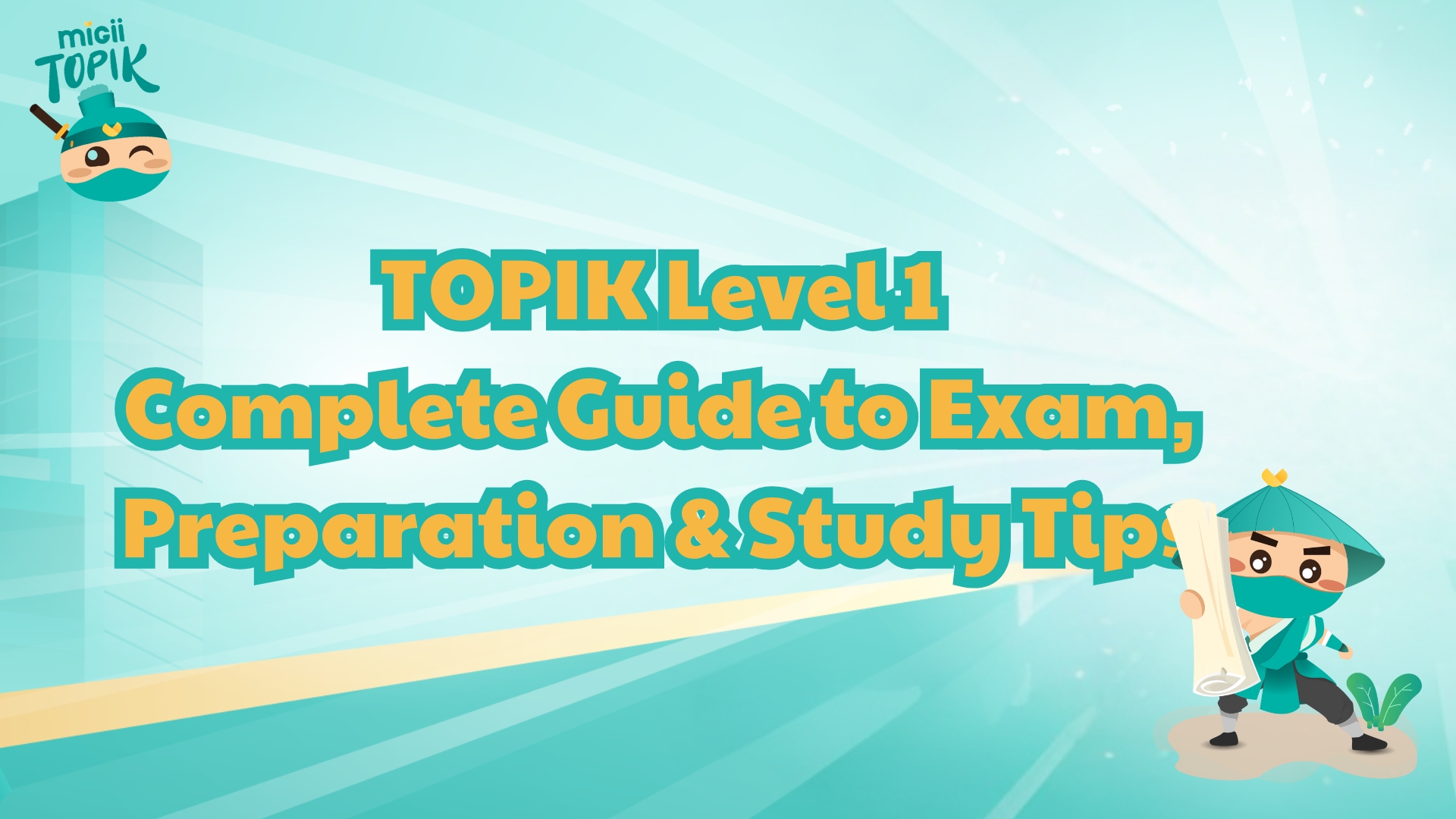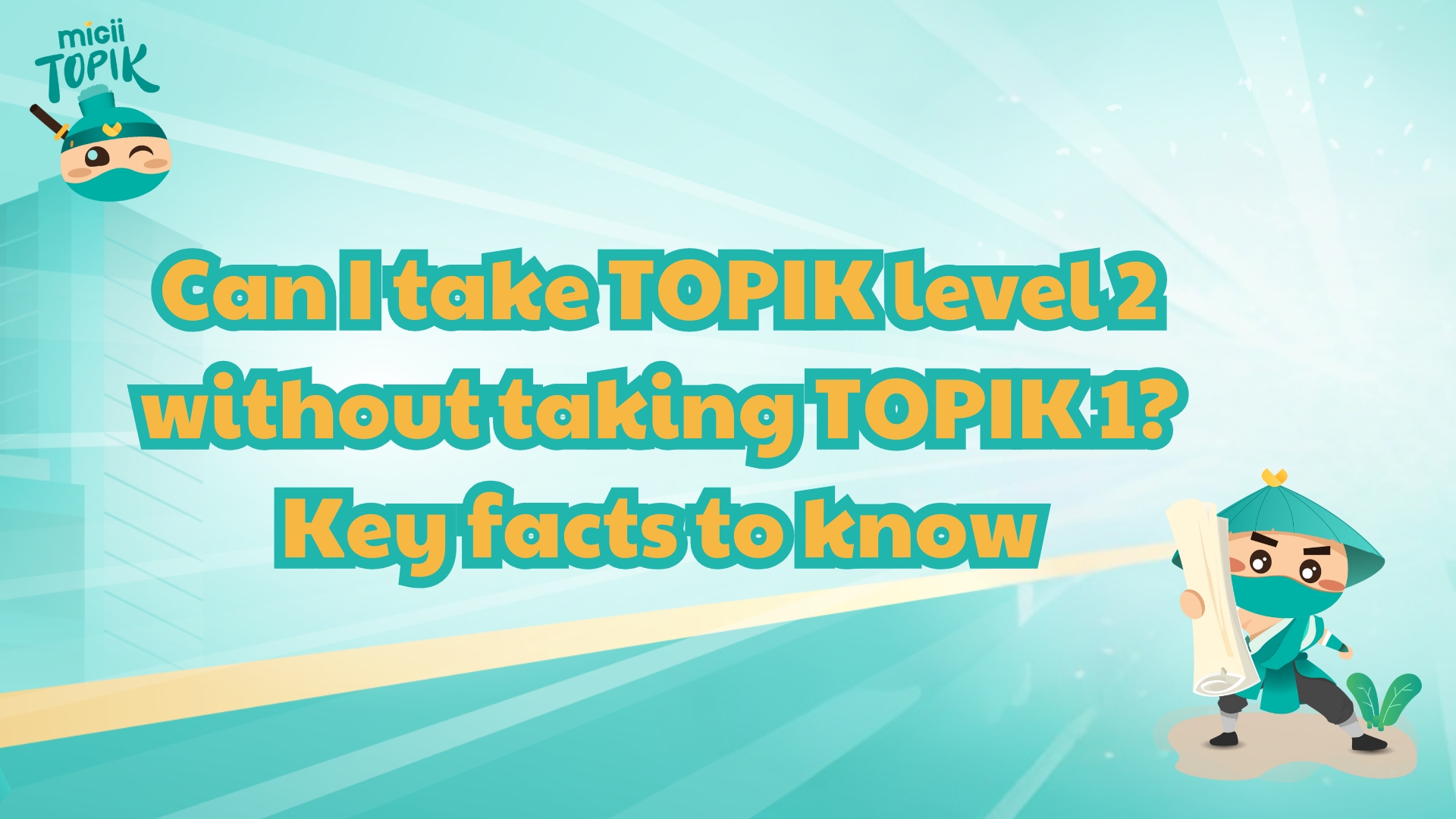The EPS TOPIK result plays a vital role for international applicants seeking employment in South Korea through the Employment Permit System. It reflects your Korean language ability in practical workplace and daily life situations. Understanding how the score is calculated, how to check it, and how it influences job selection can help you plan your preparation effectively.
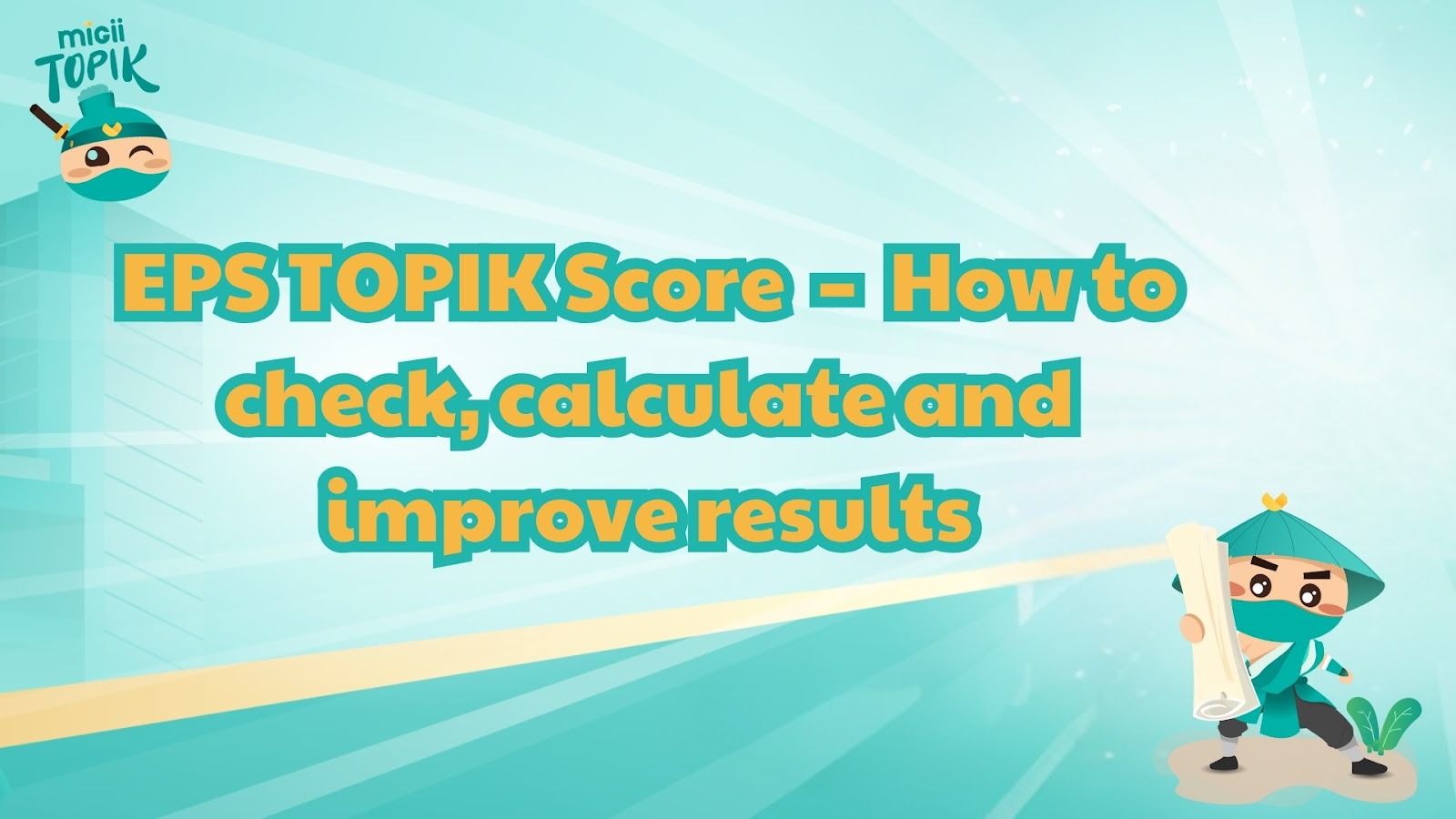
Overview of EPS TOPIK and its scoring system
Understanding the EPS TOPIK score is essential for anyone preparing to work in Korea through the Employment Permit System. This section explains how the test is structured, who it is designed for, and how the scoring process works to evaluate your Korean proficiency.
What is the EPS TOPIK exam and who is it for?
The EPS TOPIK (Test of Proficiency in Korean for the Employment Permit System) is a Korean language assessment conducted by HRD Korea. It is tailored for overseas workers aiming to secure employment in South Korea through the EPS program.
The exam evaluates how well candidates can use Korean in real-life and workplace situations, rather than testing academic knowledge. It serves as the first requirement for those hoping to be legally employed in Korean industries such as manufacturing, agriculture, construction, and fisheries.
Applicants wishing to take the EPS TOPIK must be aged 18 to 39, have a clean criminal history, and must not have been expelled from South Korea in the past. The main goal of the test is to measure practical communication skills listening, understanding, and reading Korean at a basic to intermediate level, so that workers can perform effectively in daily life and on the job once they arrive in Korea.
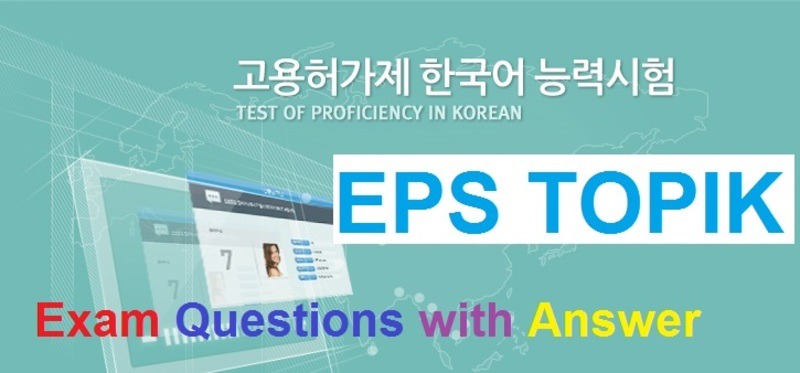
HRD Korea - official EPS TOPIK information for foreign workers
Test structure and maximum points for each section (Listening & Reading)
The EPS TOPIK exam consists of two sections: Reading and Listening, which are taken consecutively without a break.
|
Section |
Questions |
Time |
|
Reading |
20 questions |
25 minutes |
|
Listening |
20 questions |
25 minutes |
|
Total |
40 questions |
50 minutes |
Each section is designed to test practical Korean skills that are useful in daily life and workplace situations. Test-takers finish both the Reading and Listening sections consecutively in a single session, lasting a total of 50 minutes.
How the EPS TOPIK score is calculated
The EPS TOPIK exam has a maximum total score of 200 points, with each section: Reading and Listening, consisting of 20 questions worth 5 points each, making 100 points per section.
It should be noted that the EPS TOPIK does not have a set score that guarantees a pass. Instead, selection is based on a ranking system: candidates are ranked according to their total scores, and positions are offered from the highest scores downward until the quota for each job category is filled. This means that achieving a high score increases your chances of being selected, but the exact score needed can vary depending on the number of applicants and available positions.
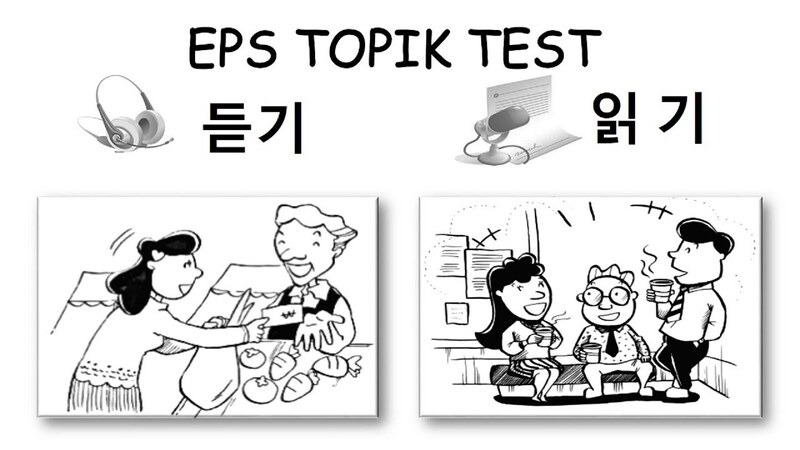
Understanding how EPS TOPIK scores are calculated and used for job selection
How results are evaluated: Pass/fail system instead of grades
The EPS TOPIK results are evaluated using a Pass/Fail system, rather than letter grades or ranking categories. Candidates do not need to reach a fixed passing score; instead, selection depends on scoring higher than other applicants to secure a place within the allocated quota for each job or sector.
How to check your EPS TOPIK score
To view your EPS TOPIK results, follow these steps:
- Step 1: Visit the official website: Go to https://eps.hrdkorea.or.kr/main/intro.do. Click “Test Result” and select English.
- Step 2: Select “See exam results”: Click the button to access the score viewing page.
- Step 3: Enter your personal information
- If you registered with a national ID card, select “ID card”.
- If you registered with a passport, select “Passport”.
- Enter your year of birth in the Year field.
- Select your month of birth from the dropdown (January = 1, February = 2, etc.).
- Enter your day of birth in the Day field.
- Step 4: Click “Confirm”: Press the Confirm button to proceed.
- Step 5: View your results
- Total score: Shows your overall EPS TOPIK points.
- Pass or Fail: “Pass” in green means you passed, while “Fail” in red means you did not pass.
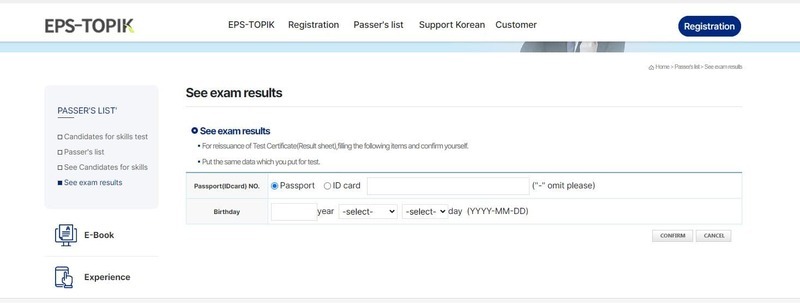
Follow these steps on the HRD Korea website to check your EPS TOPIK exam result accurately
Tips to improve your EPS TOPIK score effectively
Improving your EPS TOPIK exam result requires focused practice and smart strategies for both Listening and Reading sections. By identifying common pitfalls, practicing with the right materials, and using helpful tools, you can raise your score efficiently and confidently.
Listening and reading strategies for a higher score
For Listening, practice with short dialogues, announcements, and workplace conversations. Listening multiple times, noting key words, and summarizing what you hear in your own words helps you catch essential information such as numbers, dates, and common workplace instructions.
For Reading, skim passages for main ideas before focusing on details. Highlight keywords and grammar markers to understand sentence structures faster. Practicing with a timer helps replicate real exam conditions and enhances your reading pace.

Effective listening and reading strategies can significantly boost your EPS TOPIK exam result
Common mistakes that lower your score
Many candidates lose points by misreading instructions or keywords in Reading, ignoring small but important grammar particles, or spending too much time on a single difficult question. To avoid these mistakes, always underline critical terms, pay attention to particles in sentences, and practice pacing yourself. If unsure about a question, move on and come back to it later, optimizing your overall score.
Practice with the Migii TOPIK app
The Migii TOPIK app offers interactive exercises, listening practice, and mock tests that can be done anytime, anywhere. The app gives immediate feedback on your responses, allowing you to quickly spot and work on your weak points. Daily use of the app reinforces vocabulary, grammar, and listening skills, directly contributing to a higher EPS TOPIK exam result.
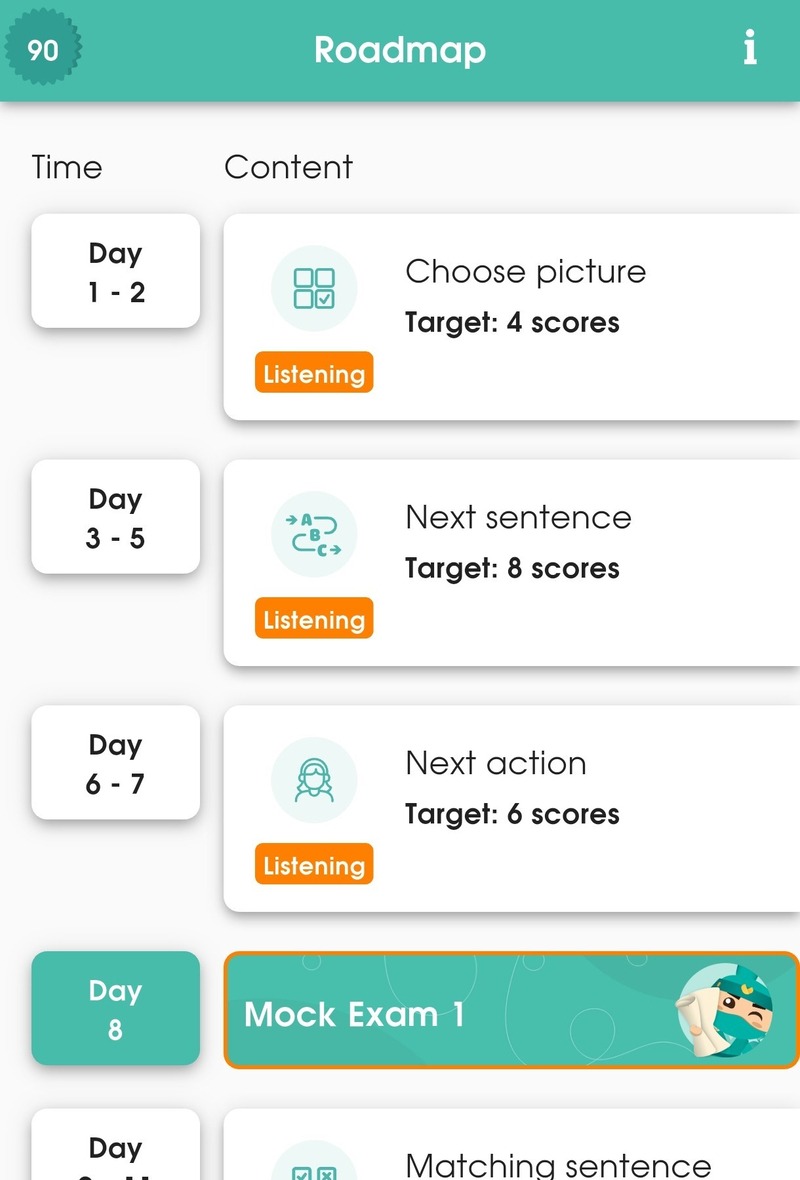
The Migii TOPIK app is a convenient tool to strengthen skills and boost your EPS TOPIK exam result
Frequently asked questions about EPS TOPIK score
What is the validity period of an EPS TOPIK score?
An EPS TOPIK score is generally valid for a period of two years from the release date, and candidates need to utilize their results within this timeframe when applying for employment in South Korea through the EPS program. After two years, the score expires and a new test must be taken if they wish to apply again.
Is it possible to take the EPS TOPIK again to achieve a higher score?
Yes, candidates can retake the EPS TOPIK if they wish to achieve a higher score. Since there is no fixed passing score, improving your total points can increase your chances of being selected for limited job quotas in competitive sectors. Sitting for the EPS TOPIK again allows candidates to enhance their Korean language abilities and build greater confidence, while also boosting their chances of being chosen for available job openings.
Does the EPS TOPIK score affect job selection in Korea?
Absolutely. While there is no fixed passing score, higher EPS TOPIK scores give candidates a better chance of being selected. Job placements under the EPS system are allocated based on score rankings, from highest to lowest, until the quota for each sector is filled. This means that achieving a strong score can directly impact your job opportunities in Korea.
In conclusion, understanding your EPS TOPIK score is essential for planning your work opportunities in Korea. Knowing how the score is calculated, how to check it, and how it affects job selection will help you prepare strategically. To maximize your results, consistent practice and targeted study are key. Start using the Migii TOPIK app today to strengthen your skills and improve your EPS TOPIK score efficiently.
